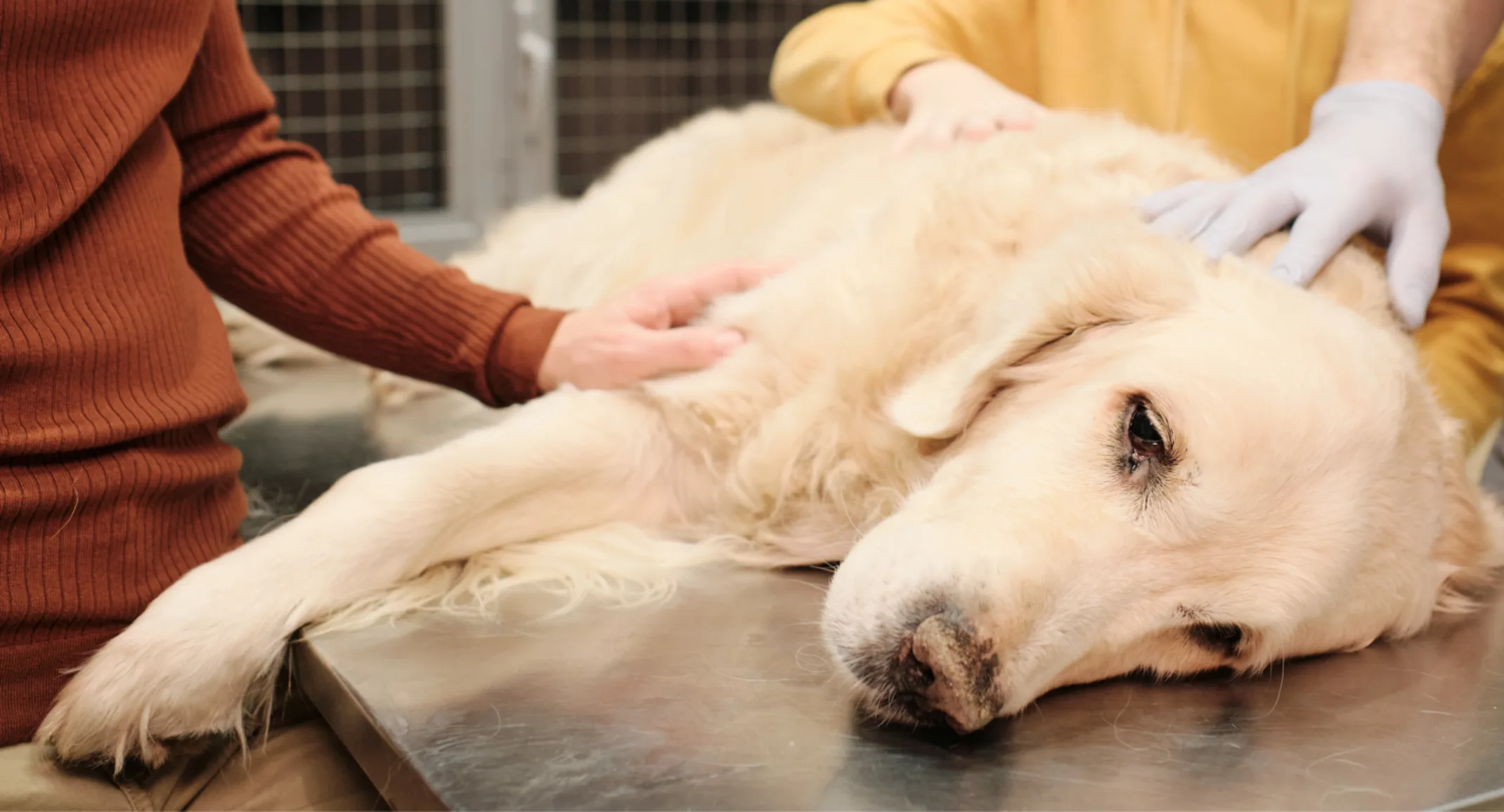Seizure Breakthroughs
Pet Safety

A seizure breakthrough occurs when a pet previously under control with medication experiences a new seizure episode. This can be distressing for both pets and their owners. Possible triggers for seizure breakthroughs include:
Changes in medication or dosages
Non-seizure medications (e.g. antibiotics)
Stress or anxiety
Illness or infections
Environmental changes
Dietary changes (especially for potassium bromide)
Failure to follow monitoring instructions regarding drug dosages
If your pet experiences a seizure breakthrough, it’s important to monitor the situation closely. This information should be communicated to your veterinarian promptly to discuss any additional diagnostic or therapeutic steps
Upcoming Holiday Dangers
With holidays like Labor Day around the corner, it’s essential to be aware of potential seizure triggers. Festivities often bring about loud noises (like fireworks), unfamiliar visitors, and changes in routine, all of which can be stressful for pets and potentially trigger seizures.
Tips for Keeping Your Pet Safe:
Create a quiet space for your pet during celebrations.
Stick to their regular routine as much as possible.
Avoid giving pets unfamiliar foods or treats.
Keep them hydrated and cool, especially during outdoor activities.
Cases that Need Medical Attention:
A single seizure lasting more than 3-5 minutes (status epilepticus)
MEDICAL EMERGENCY
Cluster seizures (multiple seizures within a 24-hour period)
MEDICAL EMERGENCY
Recurrent seizures (>2 in 6-8 weeks)
Sudden onset of seizures in young pet <1y or an adult pet >6y with no prior history of seizures
Neurological symptoms like unsteady gait, circling, vision loss, or unusual behavior
It is a good idea to consult with a neurologist in patients who require multiple medications to control their seizures and/or those who have an underlying brain disorder as the cause of their seizures.
Cases That May Not Need a Neurologist:
Isolated, brief seizure in a pet with no prior history
Seizures associated with known causes like poisoning or fever (consult your regular vet first)
Mild, infrequent seizures well-controlled by current medication
If you have any concerns about your pet’s neurological health, please don’t hesitate to contact your primary veterinarian for a referral to SCAN.
